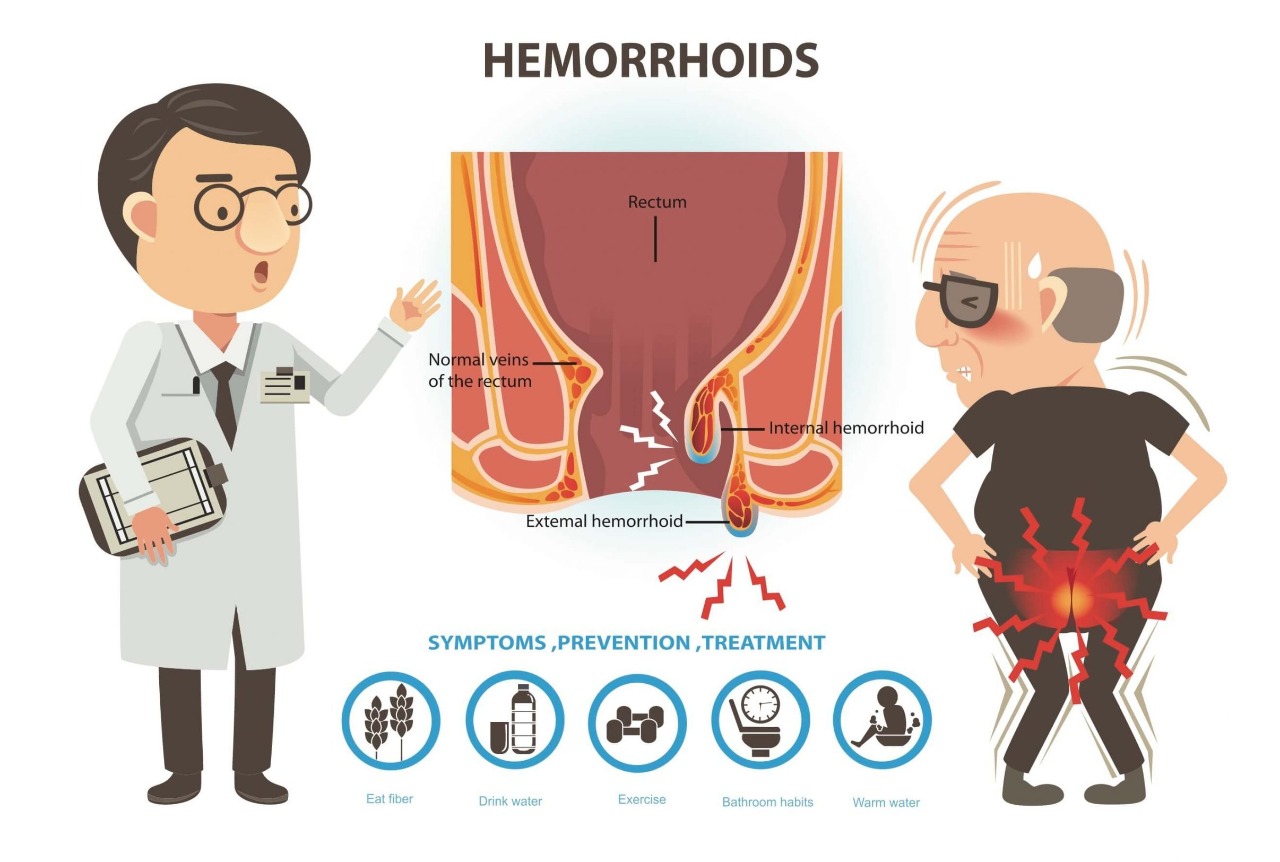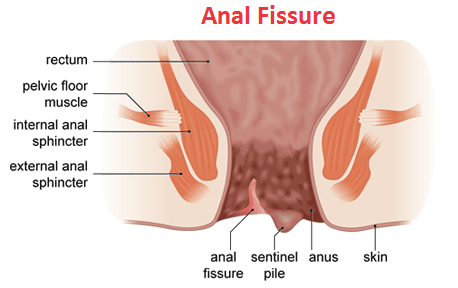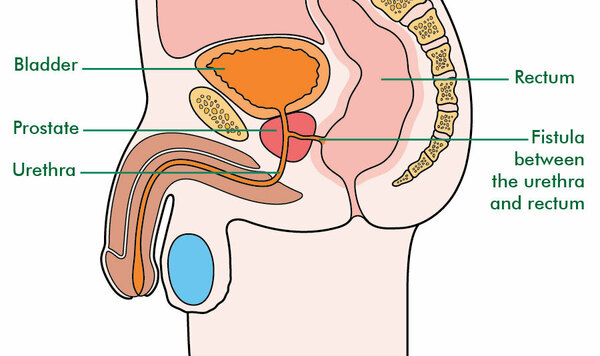Irritable bowel syndrome Spastic colon; Irritable colon; Mucous colitis; Spastic colitis Irritable bowel syndrome (IBS) is a disorder that involves abdominal pain and cramping, as well as changes in bowel movements. It is not the same as inflammatory bowel disease (IBD), which includes Crohn's disease and ulcerative colitis.
There are many possible causes of IBS. For example, there may be a problem with muscles in the intestine, or the intestine may be more sensitive to stretching or movement. There is no problem with the structure of the intestine. It is not clear why patients develop IBS, but in some instances, it occurs after an intestinal infection. This is called postinfectious IBS. There may also be other triggers. Stress can worsen IBS. The colon is connected to the brain through nerves of the autonomic nervous system. These nerves become more active during times of stress, and can cause the intestines to squeeze or contract more. People with IBS may have a colon that is over-responsive to these nerves. IBS can occur at any age, but it often begins in adolescence or early adulthood. It is more common in women. About 1 in 6 people in the U.S. have symptoms of IBS. It is the most common intestinal complaint for which patients are referred to a gastroenterologist.
Symptoms range from mild to severe. Most people have mild symptoms. Symptoms vary from person to person. Abdominal pain, fullness, gas, and bloating that have been present for at least 6 months are the main symptoms of IBS. The pain and other symptoms will often:
People with IBS may switch between constipation and diarrhea, or mostly have one or the other.
For some people, the symptoms may get worse for a few weeks or a month, and then decrease for a while. For other people, symptoms are present most of the time and may even slowly increase. People with IBS may also lose their appetite.
Diagnosis of IBS based on your symptoms, with few or no tests. Eating a lactose-free diet for 2 weeks may help to evaluate for a possible lactase deficiency.
The goal of treatment is to relieve symptoms. Lifestyle changes can be helpful in some cases of IBS. For example, regular exercise and improved sleep habits may reduce anxiety and help relieve bowel symptoms. Dietary changes can be helpful. However, no specific diet can be recommended for IBS in general, because the condition differs from one person to another. The following changes may help.
Counseling may help in cases of severe anxiety or depression.
Irritable bowel syndrome may be a lifelong condition. For some people, symptoms are disabling and reduce the ability to work, travel, and attend social events. Symptoms can often be improved or relieved through treatment. IBS does not cause permanent harm to the intestines, and it does not lead to a serious disease, such as cancer.

Haemorrhoids, also known as piles, are natural cushions of tissue and veins located at the junction of rectum and anus.
Read More
Per rectal examination is painful due to Spasm of internal sphincter, A split or cut on the posterior or anterior midline of the anal verge.
Read More
A fistula in ano is a hollow tract lined with granulation tissue connecting a primary opening inside the anal canal to a secondary opening in the peri anal skin.
Read More